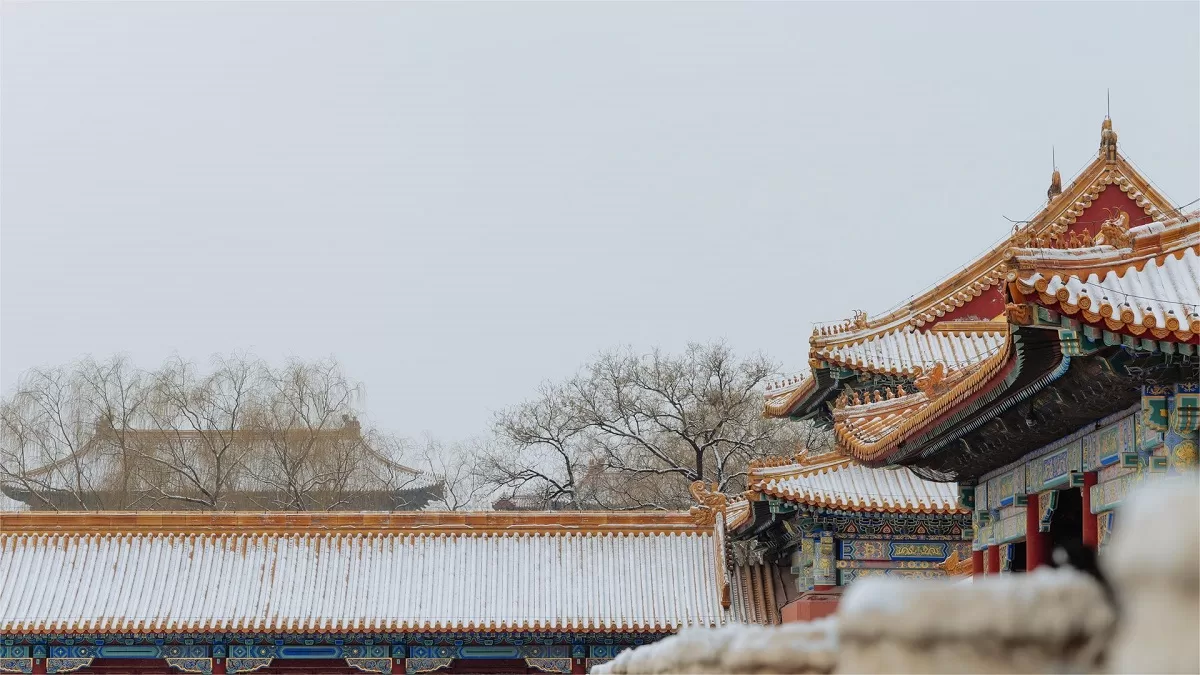Beijing, the capital city of China, experiences a distinct four-season climate that includes hot summers and cold winters. Snowfall in Beijing is primarily associated with its winter season. In this article, we will explore the typical snowfall patterns in Beijing, the factors contributing to snowfall, and the impacts of snow on the city and its residents.
Winter Snowfall in Beijing
Beijing’s winter season typically spans from December to February. During these months, temperatures drop significantly, and the city experiences cold, dry air masses from Siberia, which contribute to the potential for snowfall. The snowfall in Beijing is often associated with various factors, such as temperature, humidity, and the influence of weather systems.
Factors Contributing to Snowfall
- Low Temperatures: Low temperatures are a key prerequisite for snowfall. In Beijing, winter temperatures can drop well below freezing, allowing any precipitation to fall as snow.
- Weather Systems: The city can be influenced by various weather systems, such as cold fronts and cyclones. When these systems interact with the cold air in the region, they can lead to increased chances of snowfall.
- Humidity: The amount of moisture in the air is crucial for snow formation. When the humidity is sufficient and temperatures are low, it can result in snowfall.
- Geographical Features: Beijing’s proximity to mountains, such as the Yanshan Mountains, can enhance snowfall. When moist air is lifted over these topographical features, it can cool and condense, leading to snowfall.
Typical Snowfall Patterns
Beijing typically experiences light to moderate snowfall during the winter months. The city is not known for heavy snowfall, as it is not located in a region with a consistently high amount of moisture. However, residents and tourists can expect to see snow covering the city streets and parks during this period.
Impacts of Snowfall
- Transportation Disruptions: Snowfall can disrupt daily life in Beijing, as it can lead to icy road conditions and reduced visibility. This can result in traffic congestion and flight delays.
- Scenic Beauty: Despite the challenges it may bring, snowfall in Beijing can transform the city into a picturesque winter wonderland. Many residents and tourists enjoy the aesthetic beauty of snow-covered landscapes.
- Recreation: The snowfall season provides opportunities for winter sports and activities. Ski resorts in the surrounding areas become popular destinations for skiing and snowboarding enthusiasts.
- Agriculture: The moisture from snowfall can benefit agriculture by providing moisture for crops in the spring when the snow melts. However, excessive or untimely snowfall can also pose challenges to agriculture.
- Cultural Significance: Snowfall is often celebrated in Chinese culture, particularly during the Spring Festival, when it symbolizes purity and new beginnings. Snow-covered scenes can be an integral part of traditional Chinese art and literature.
In conclusion, Beijing experiences snowfall during its winter season, primarily from December to February. The likelihood of snowfall is influenced by low temperatures, weather systems, humidity, and geographical features. While Beijing does not experience heavy snowfall, it can have various impacts on transportation, recreation, agriculture, and cultural significance. The snowfall in Beijing adds a unique and dynamic dimension to the city’s climate, making it an integral part of its annual weather cycle.


